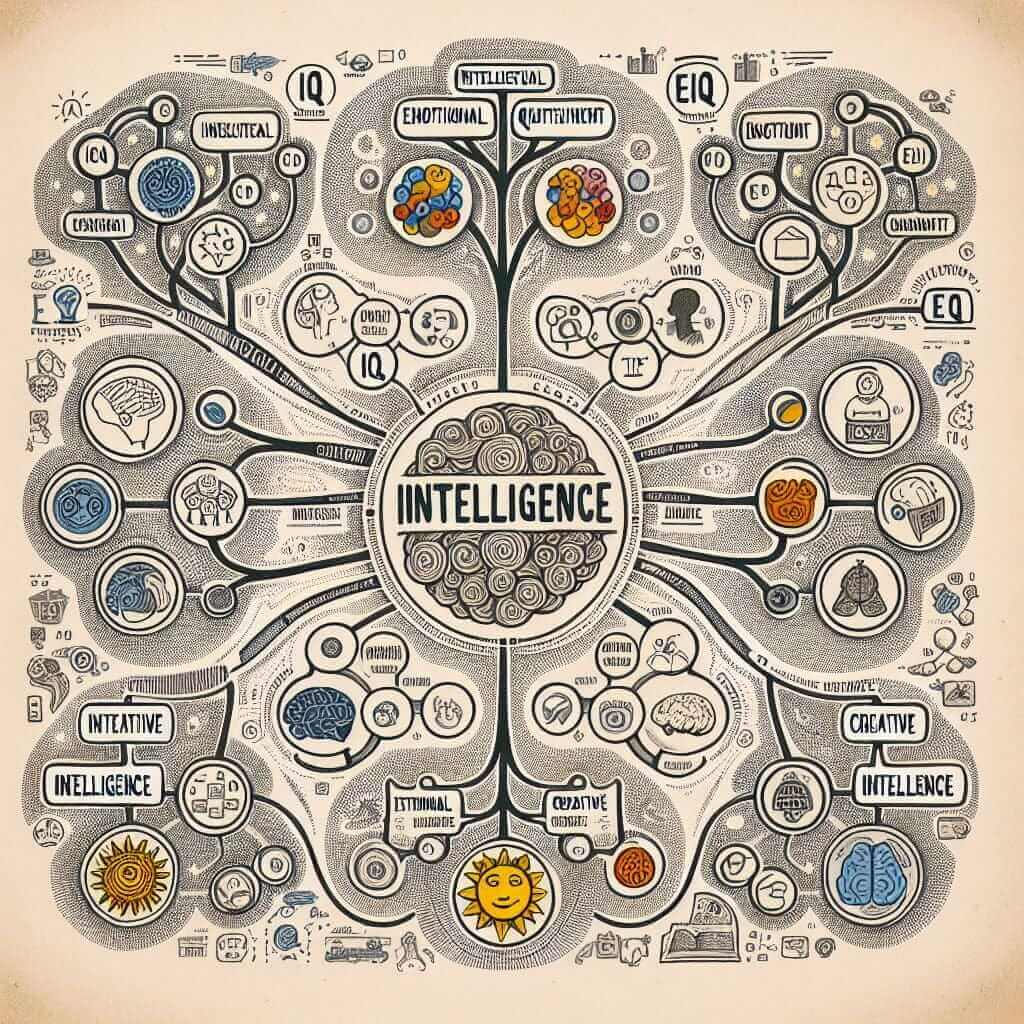As an IELTS instructor with over 20 years of experience, I often encounter students perplexed by the phrase “What is Intelligence” IELTS Reading Answers.” Are we looking for the definition of intelligence itself? Not quite. This phrase is your key to unlocking a specific type of IELTS Reading question – one focused on finding answers within a passage about intelligence.
Understanding “What is Intelligence” IELTS Reading Passages
In the IELTS Reading test, you might encounter a passage exploring the concept of intelligence. These passages can cover various aspects, such as:
- Definitions and theories of intelligence: Exploring different perspectives on what constitutes intelligence (e.g., IQ, emotional intelligence, multiple intelligences).
- Factors influencing intelligence: Discussing elements like genetics, environment, education, and culture.
- Measuring intelligence: Examining methods like IQ tests and their limitations.
- The application of intelligence: Analyzing how intelligence plays a role in areas like problem-solving, creativity, and learning.
Navigating “What is Intelligence” IELTS Reading Questions
The questions following these passages are designed to test your comprehension and ability to extract specific information. Common question types include:
- Multiple Choice: Selecting the correct answer from a list of options.
- Matching Headings: Pairing headings with paragraphs or sections of the text.
- True/False/Not Given: Determining if statements are supported by the text, contradicted by the text, or not mentioned at all.
- Sentence Completion: Filling in gaps in sentences using words from the passage.
- Short Answer Questions: Providing concise answers based on information in the text.

Example: Deciphering an IELTS Reading Question
Let’s imagine you encounter this question after reading a passage about intelligence:
Question: According to the author, what are two limitations of traditional IQ tests?
Approach:
- Keywords: Identify “limitations,” “traditional IQ tests.”
- Scan: Quickly read the passage, focusing on sections discussing IQ tests and potential drawbacks.
- Locate: Find the specific sentences or paragraphs addressing the limitations.
- Paraphrase: Comprehend the information and rephrase it concisely in your own words.
Possible Answer: (Based on a hypothetical passage) Traditional IQ tests may not accurately reflect all aspects of intelligence, such as creativity or emotional intelligence. They may also be culturally biased, putting individuals from certain backgrounds at a disadvantage.
Tips to Ace “What is Intelligence” IELTS Reading Questions
- Skim and Scan: Develop efficient reading techniques to quickly locate relevant information.
- Vocabulary is Key: Familiarize yourself with common terms related to intelligence and psychology.
- Practice Makes Perfect: Work through sample IELTS Reading passages and questions to build your skills.
- Time Management: Allocate your time wisely during the test to ensure you can answer all questions effectively.
Conclusion
Don’t let the phrase “What is Intelligence” IELTS Reading Answers” intimidate you. It simply points you towards fascinating passages about human intellect and challenges you to demonstrate your comprehension. By understanding question types, mastering reading strategies, and practicing regularly, you’ll be well-equipped to unlock success on your IELTS Reading test.